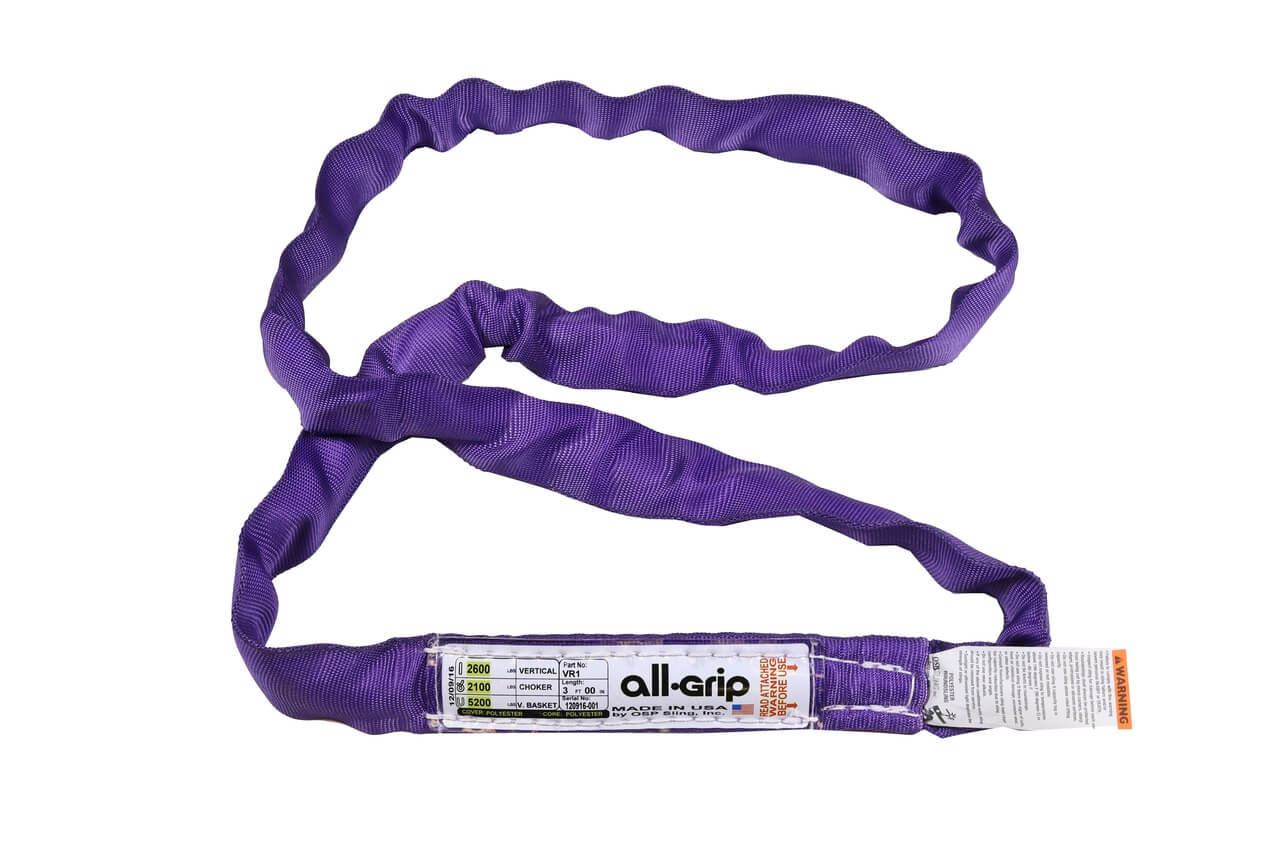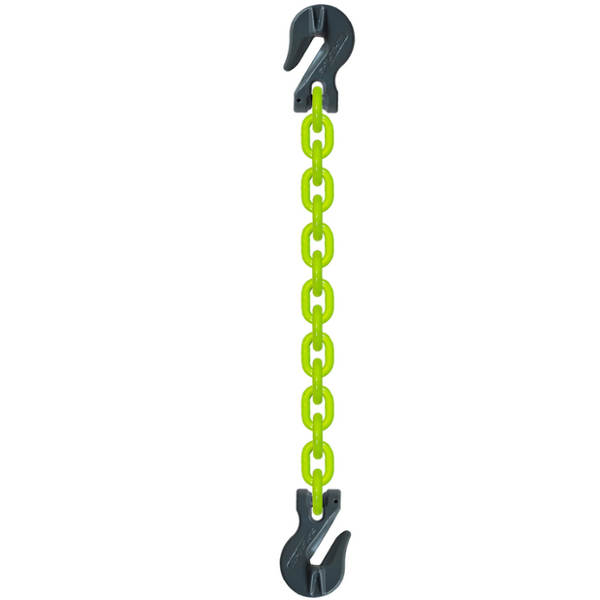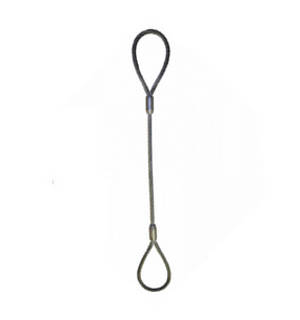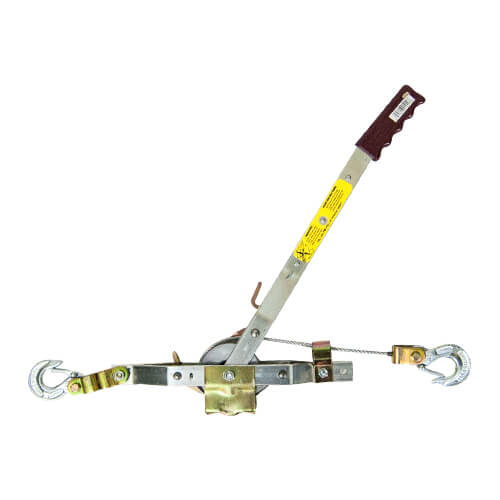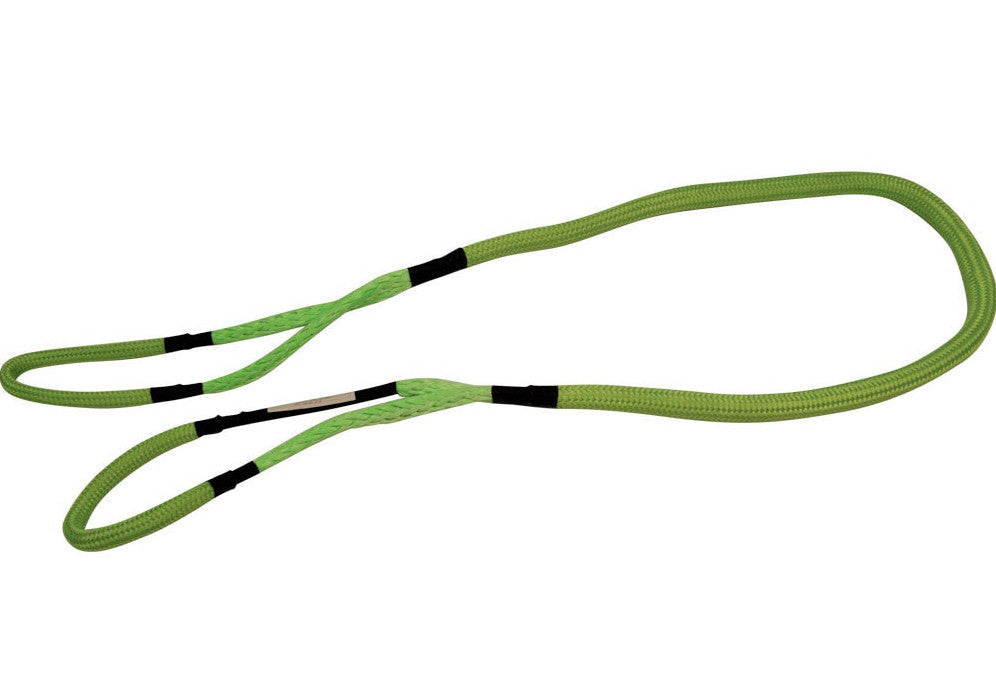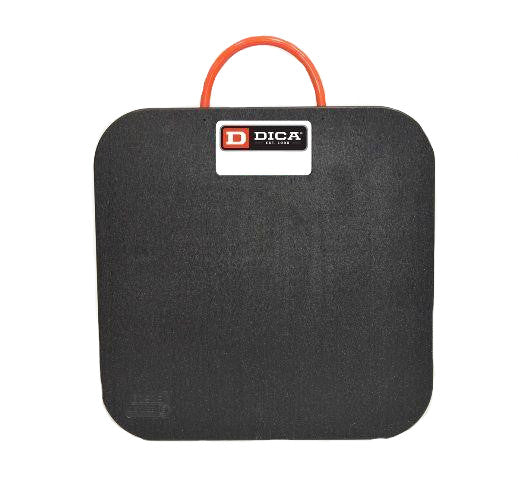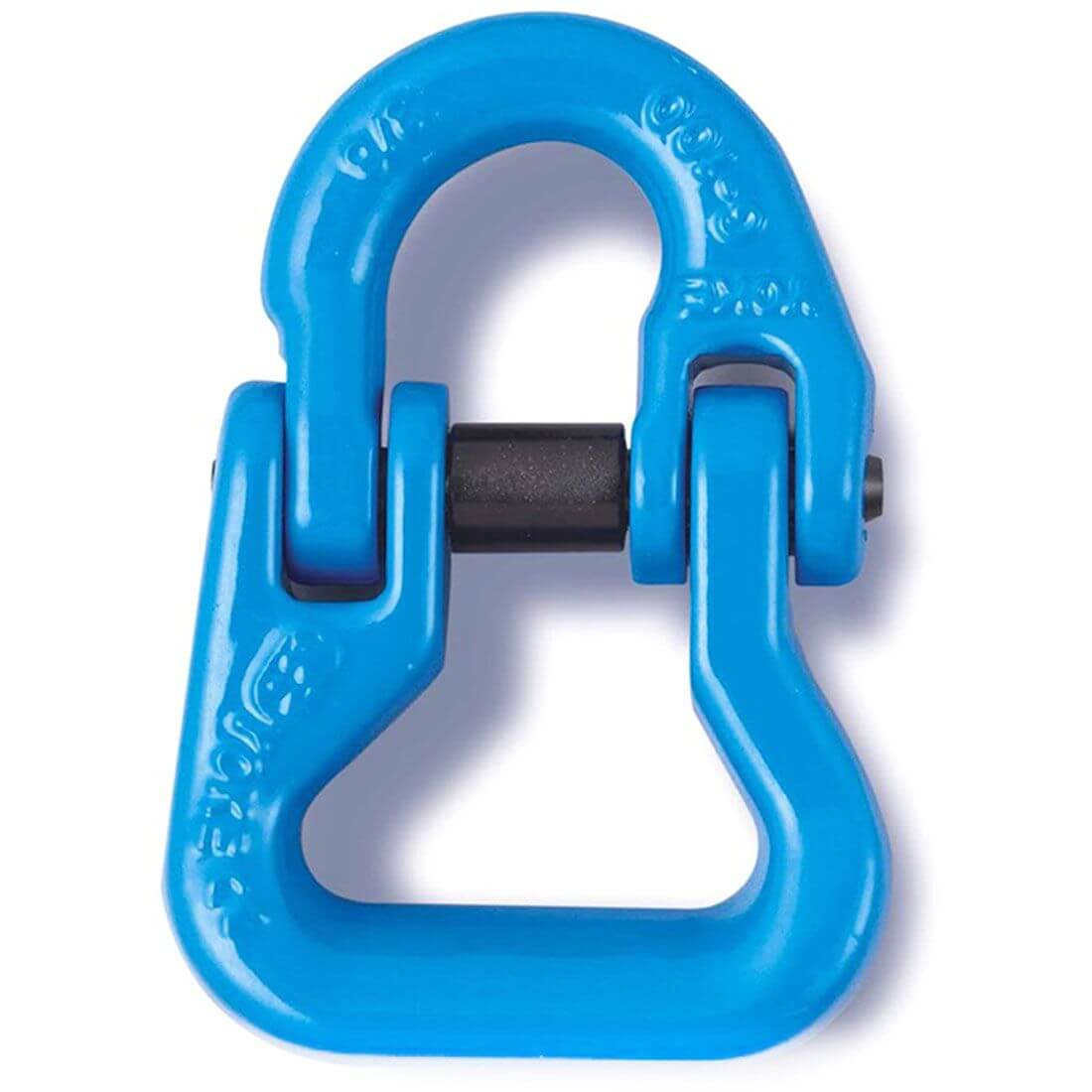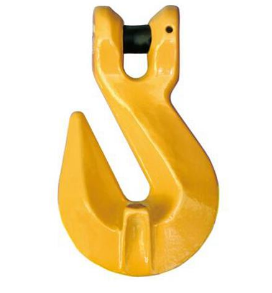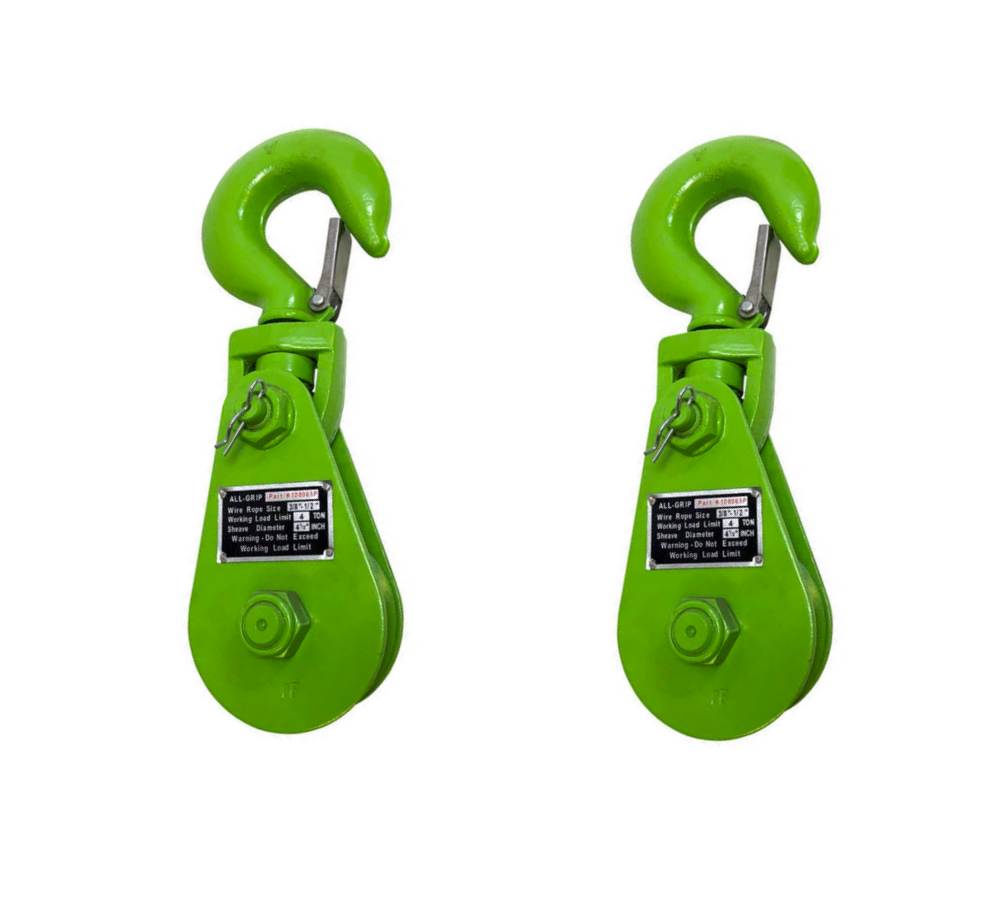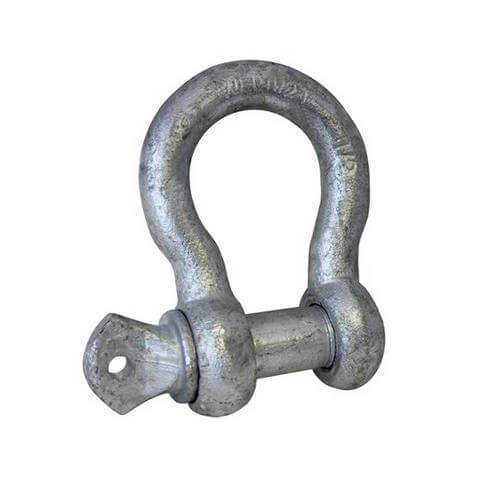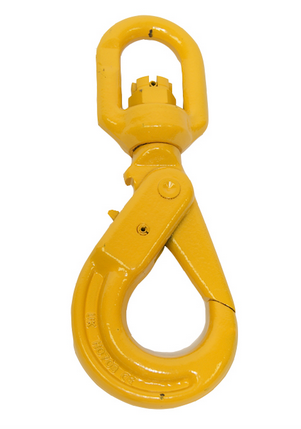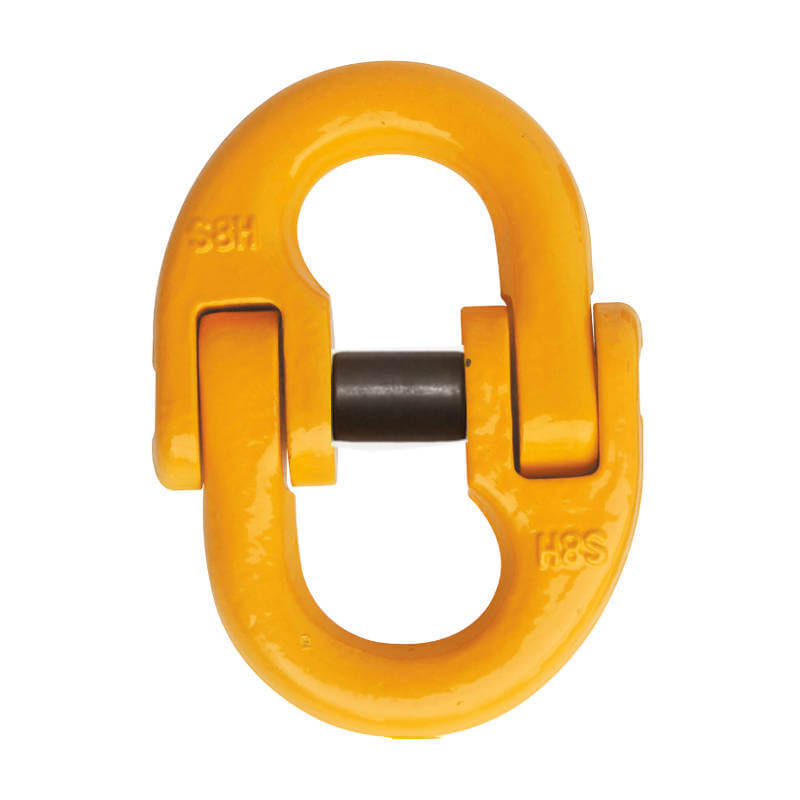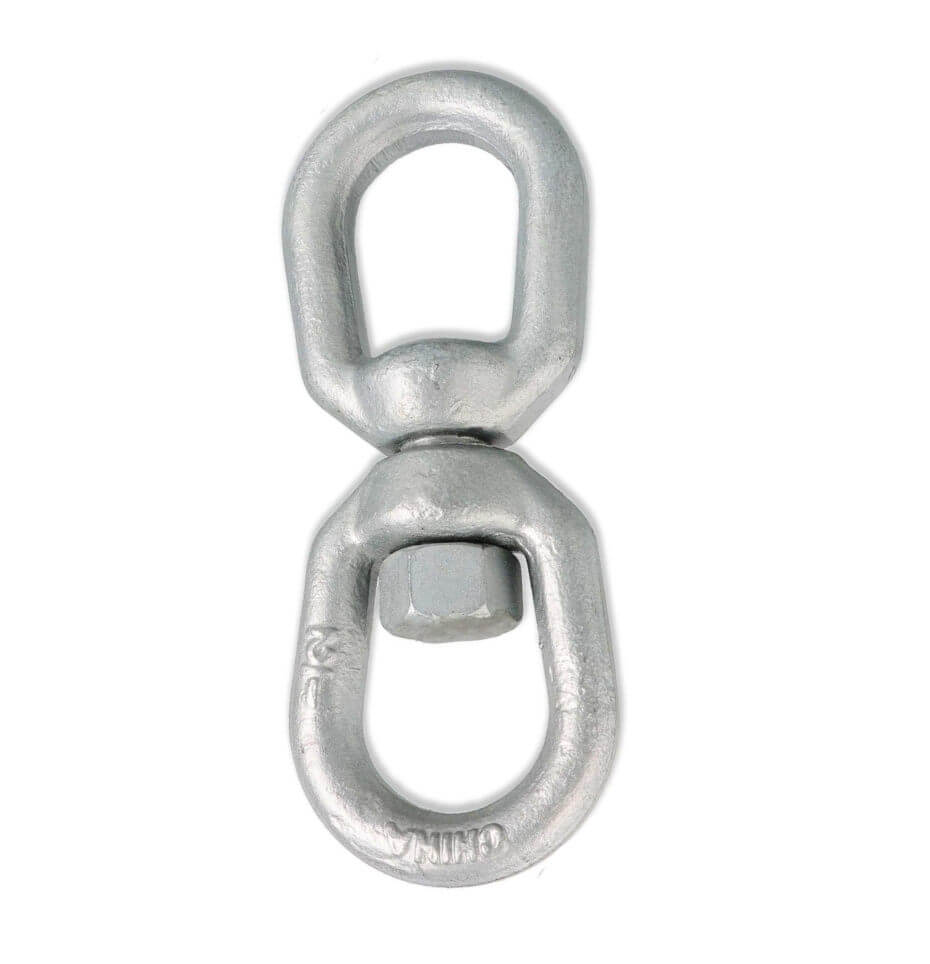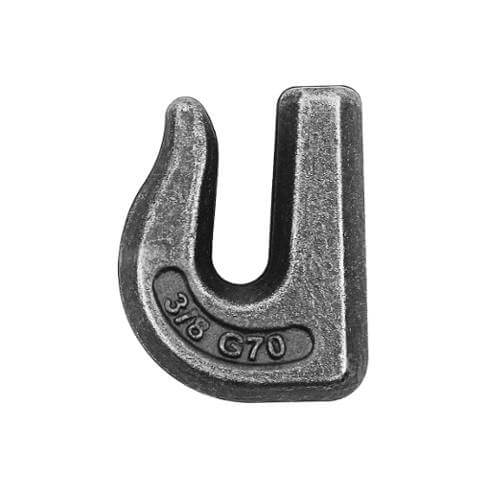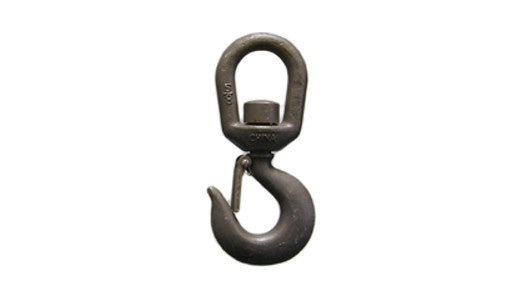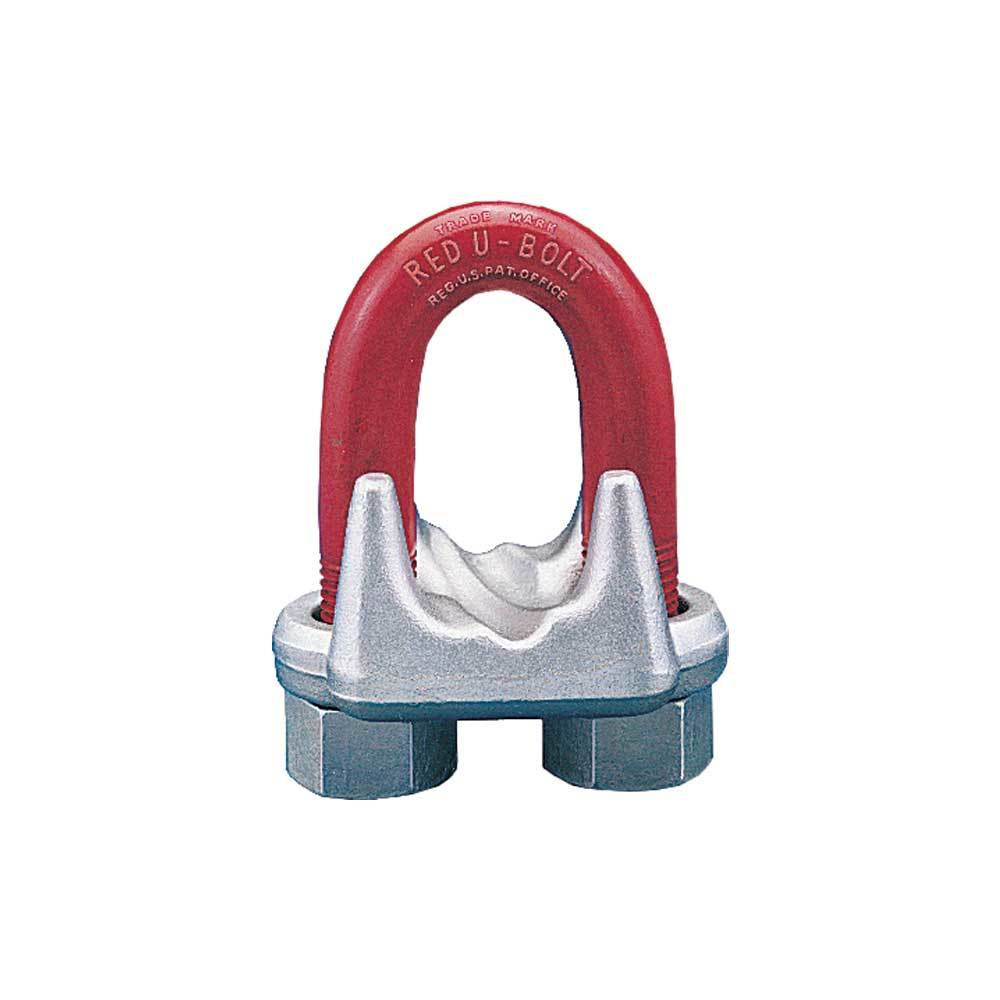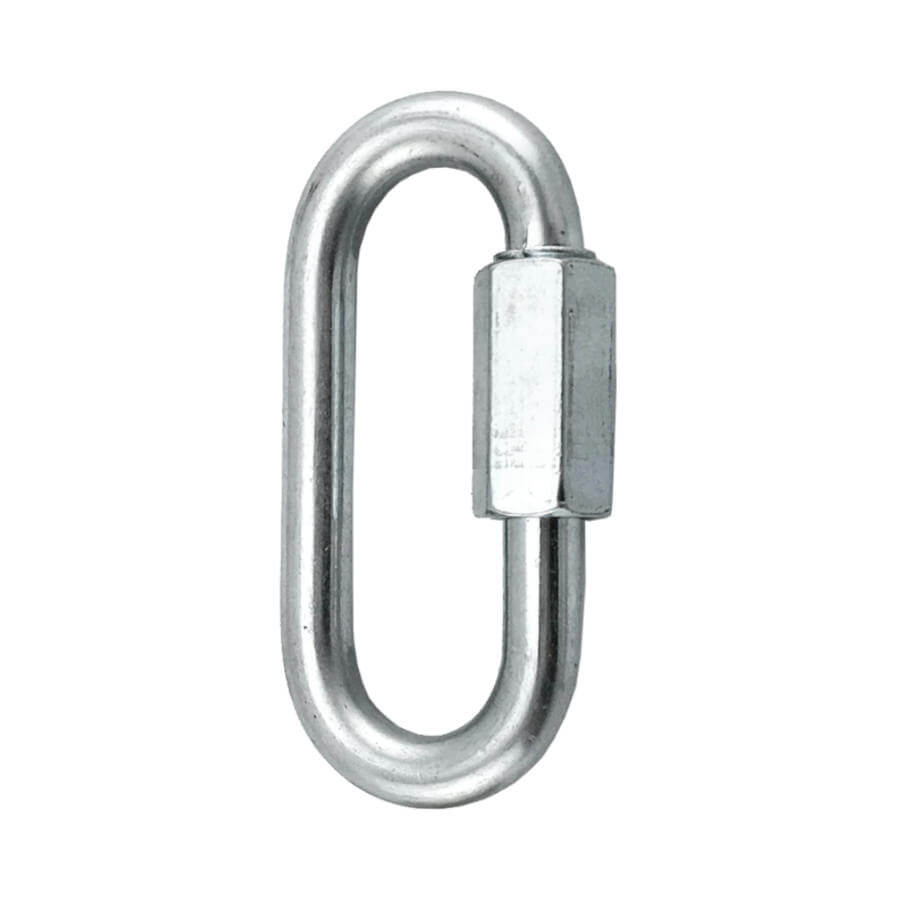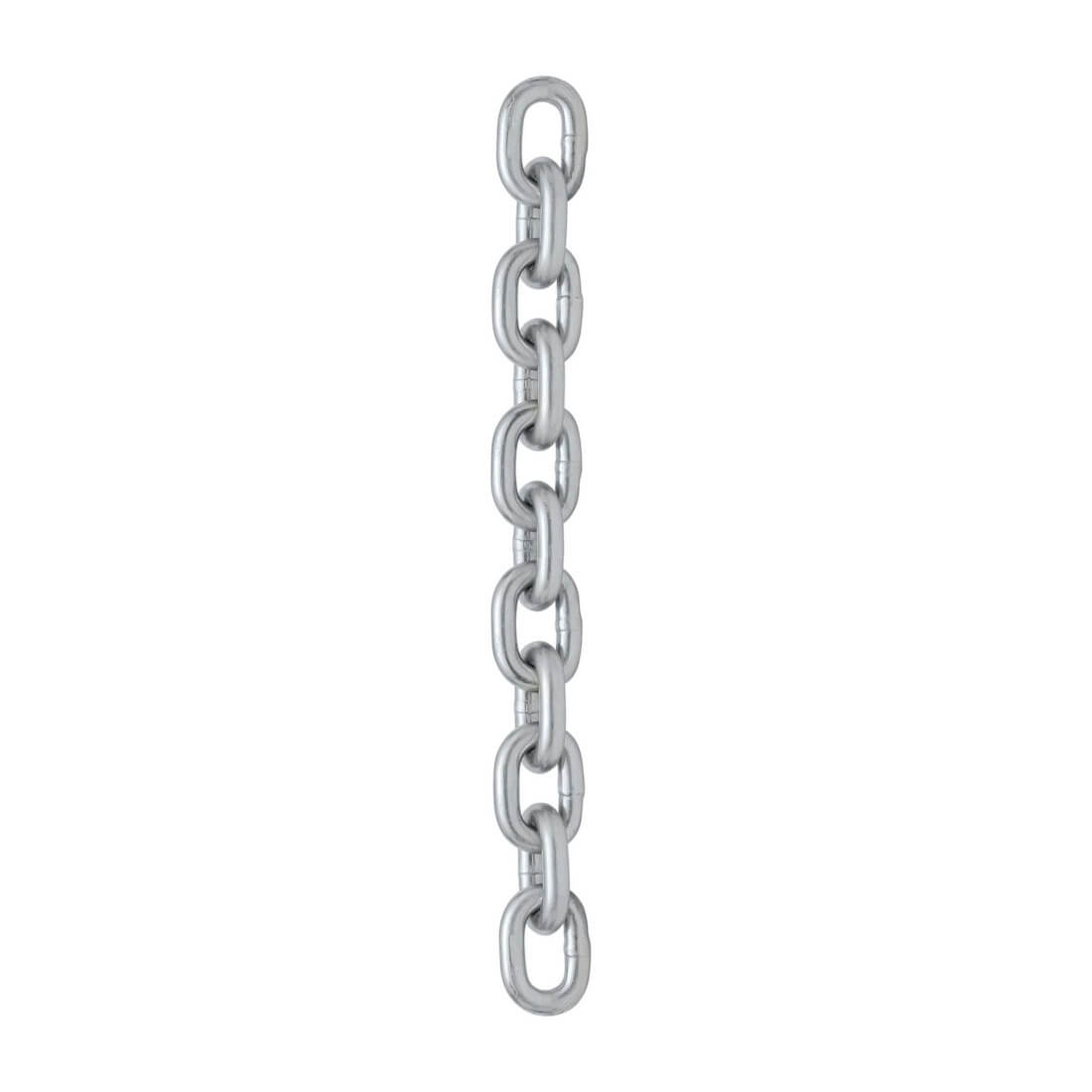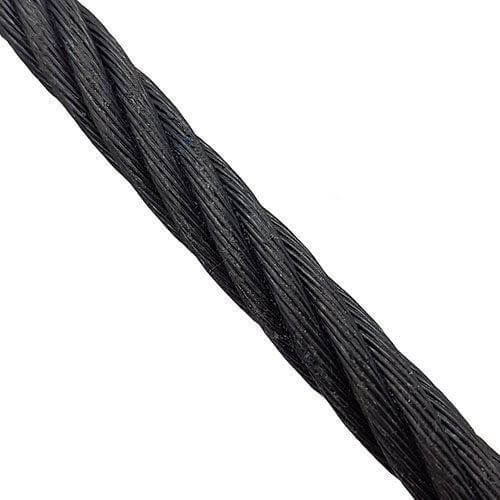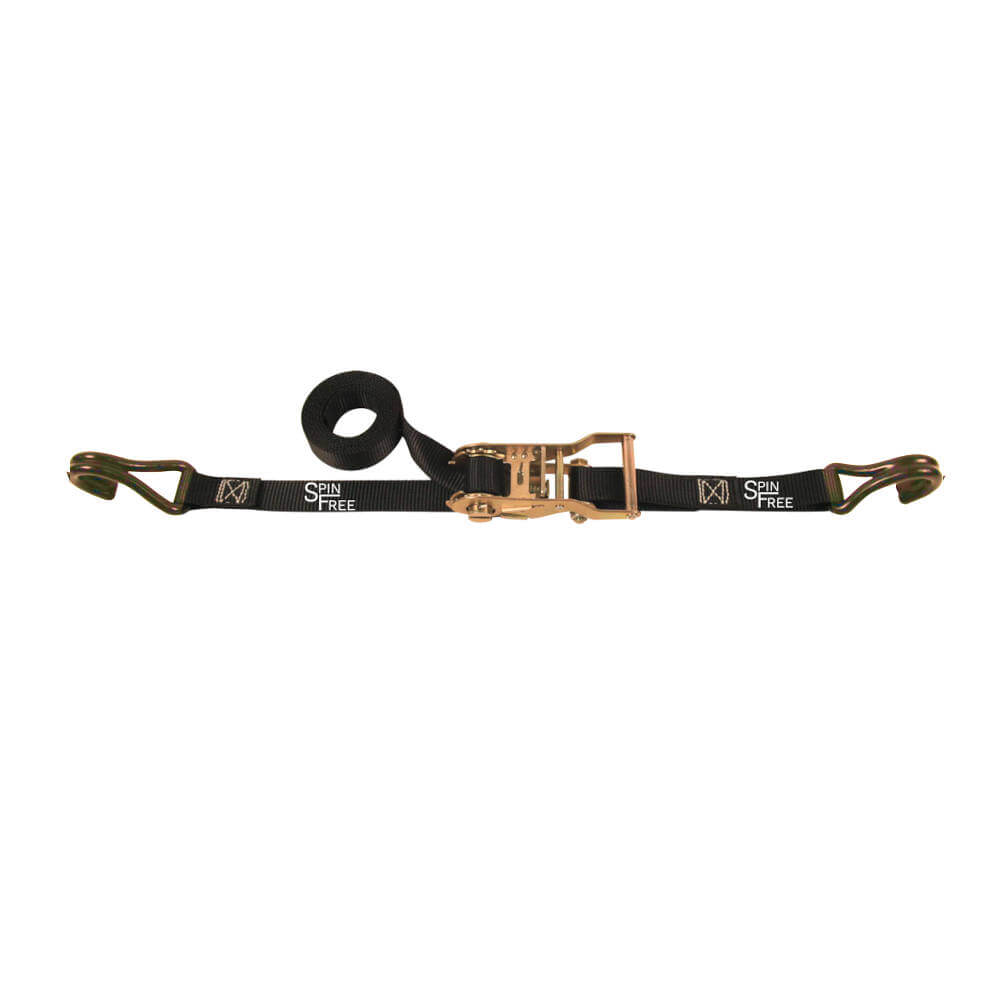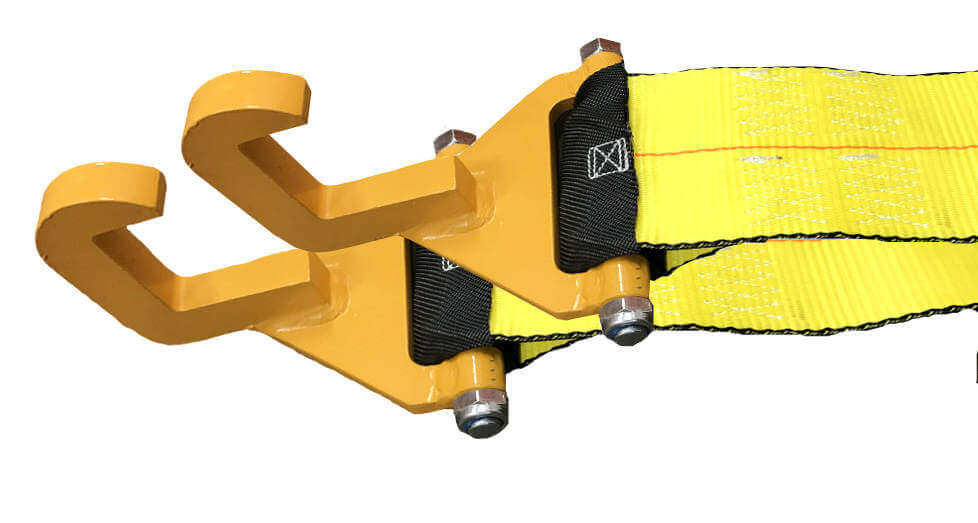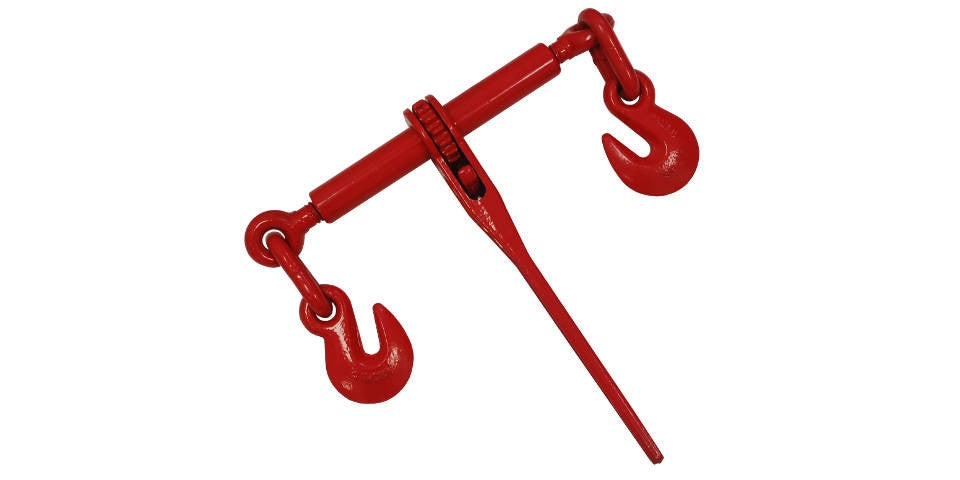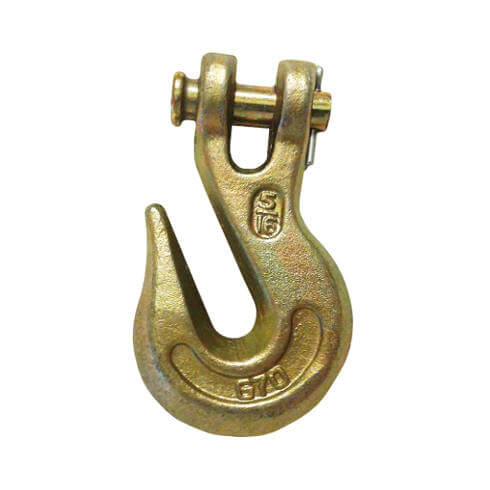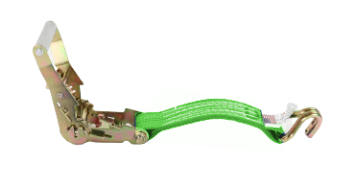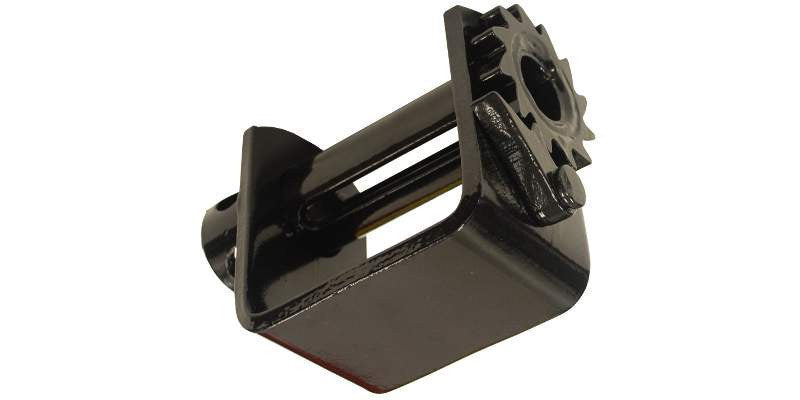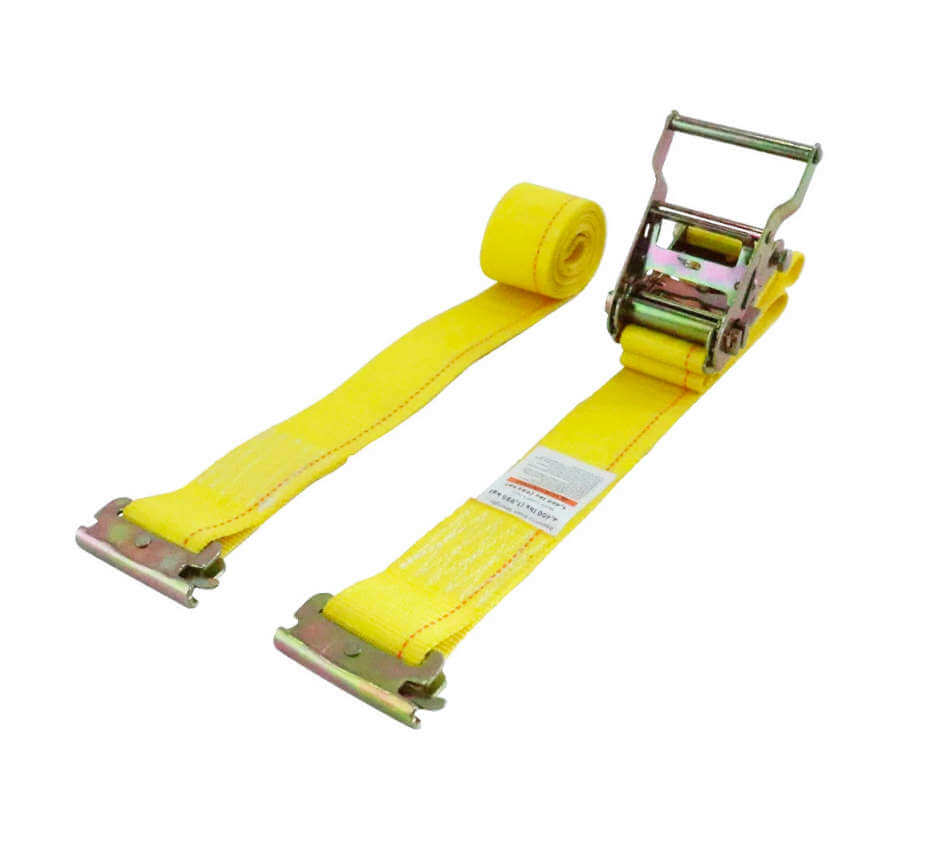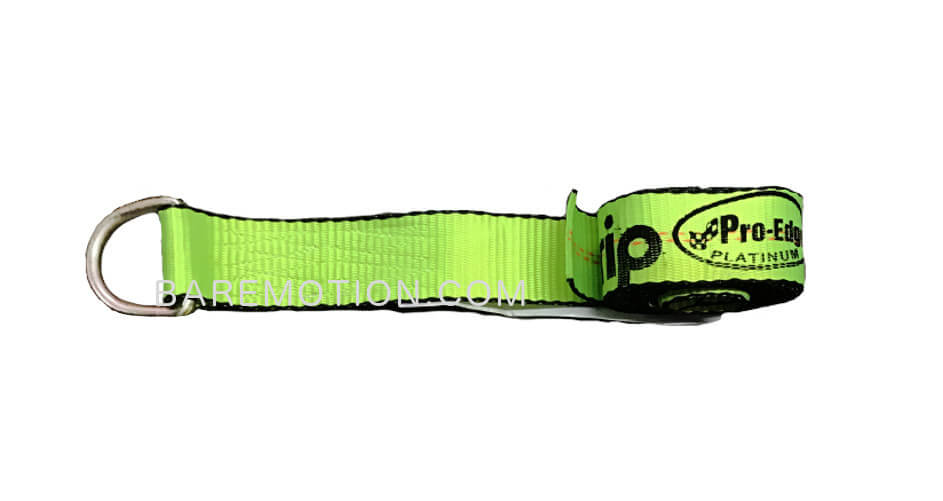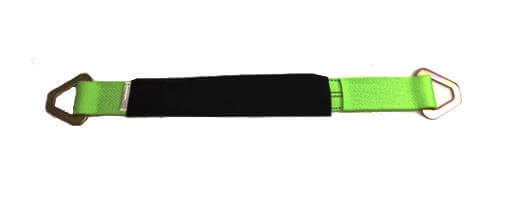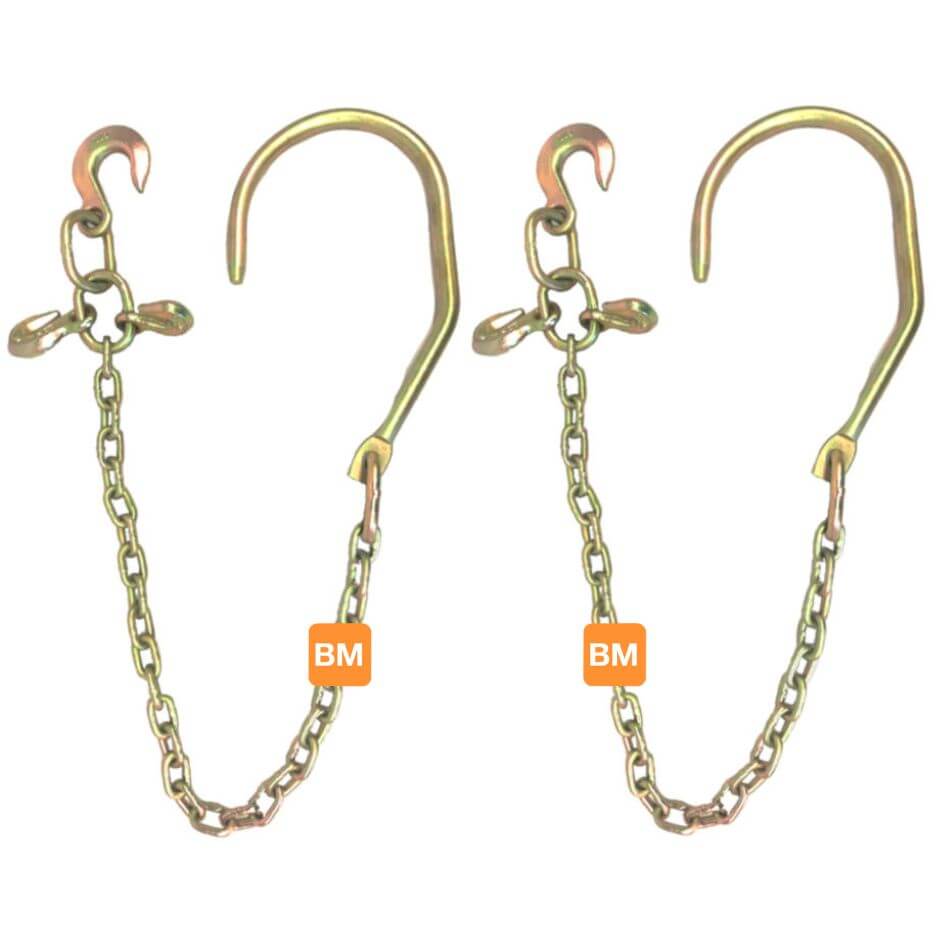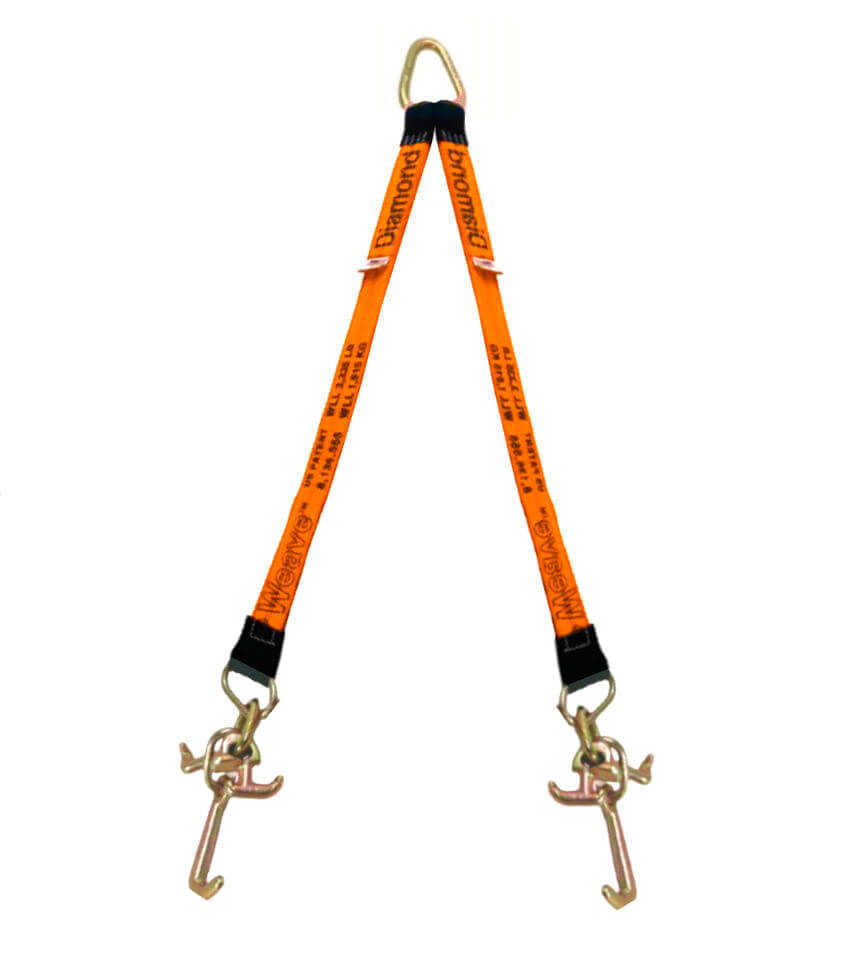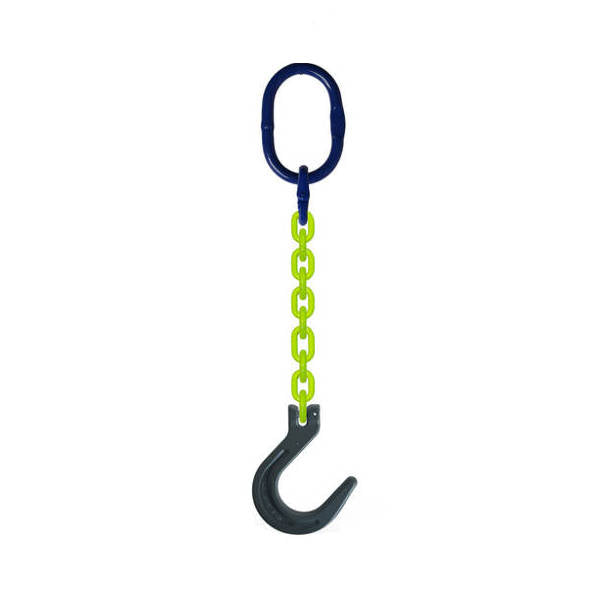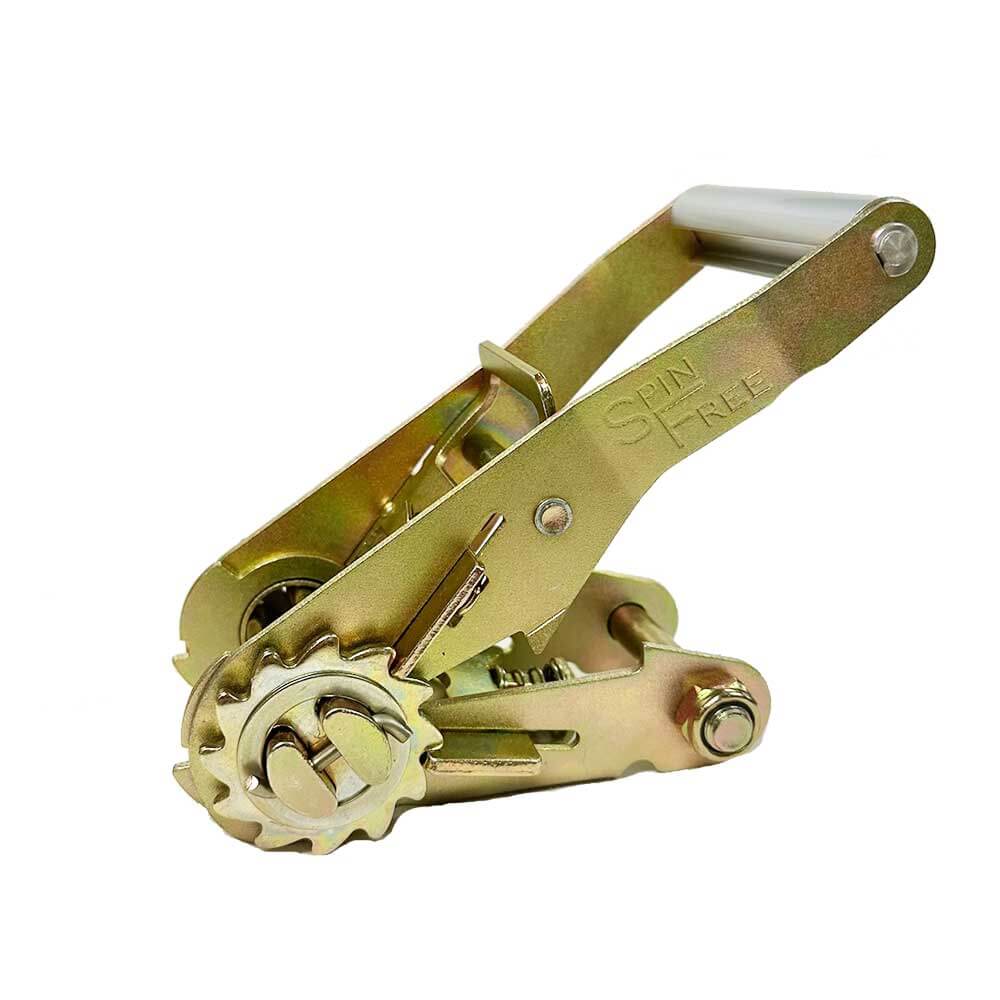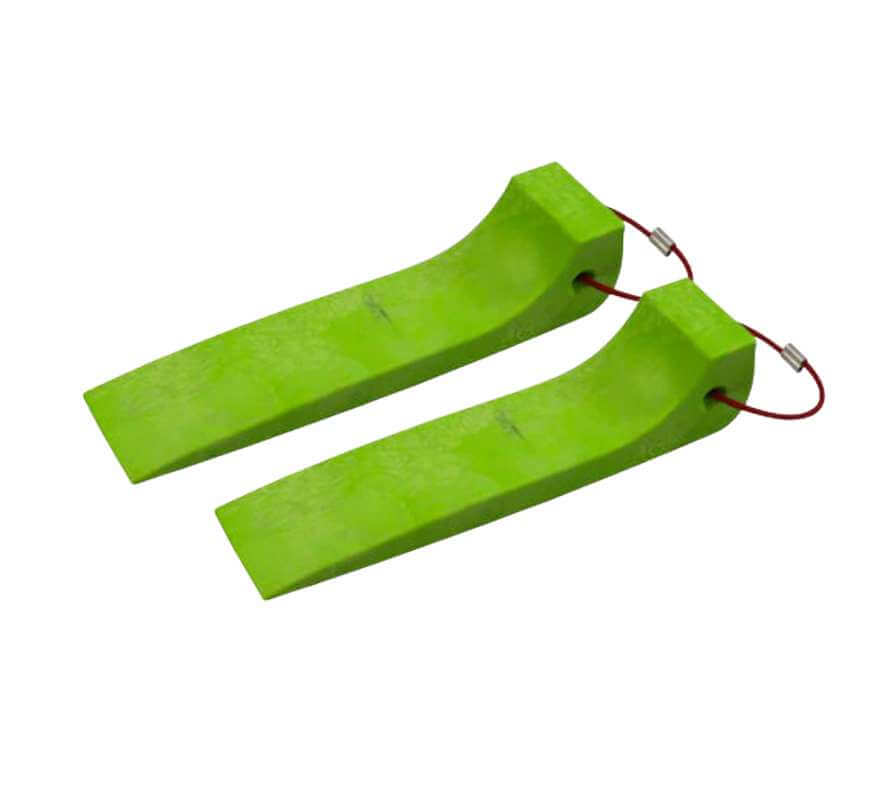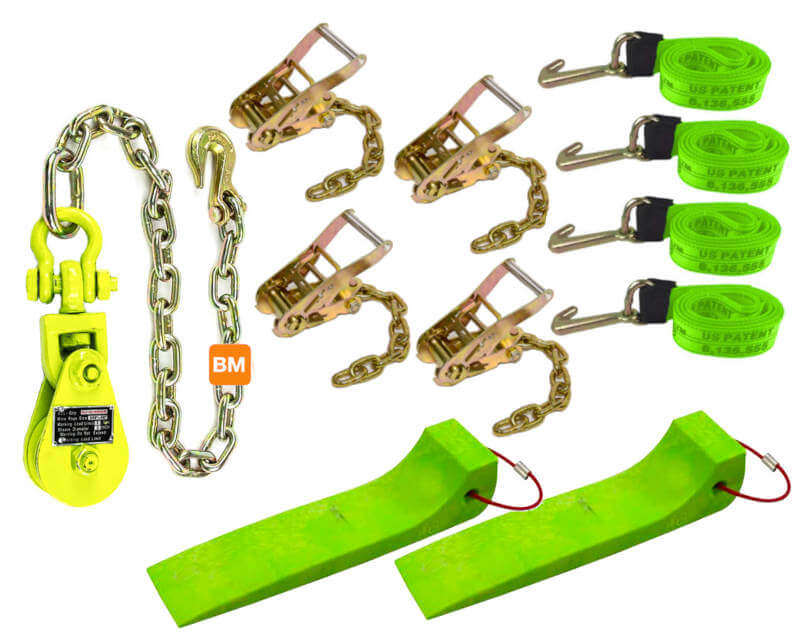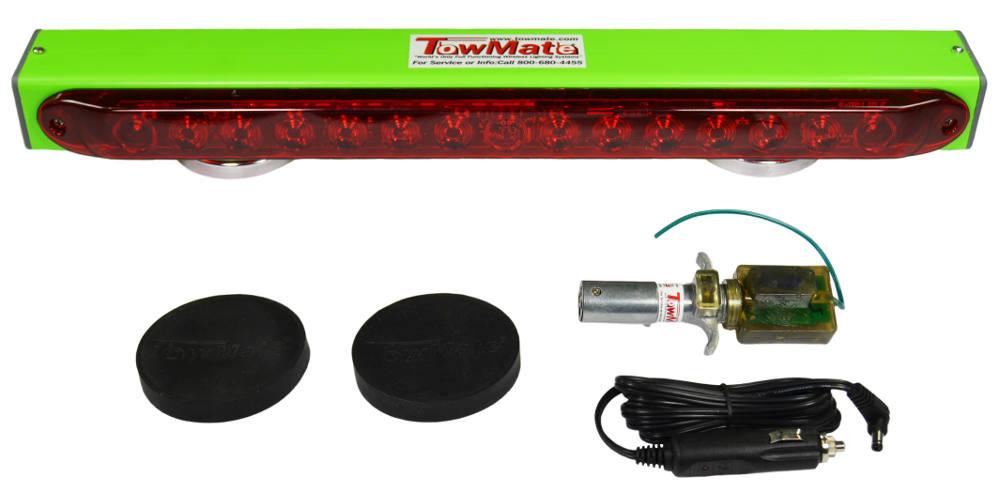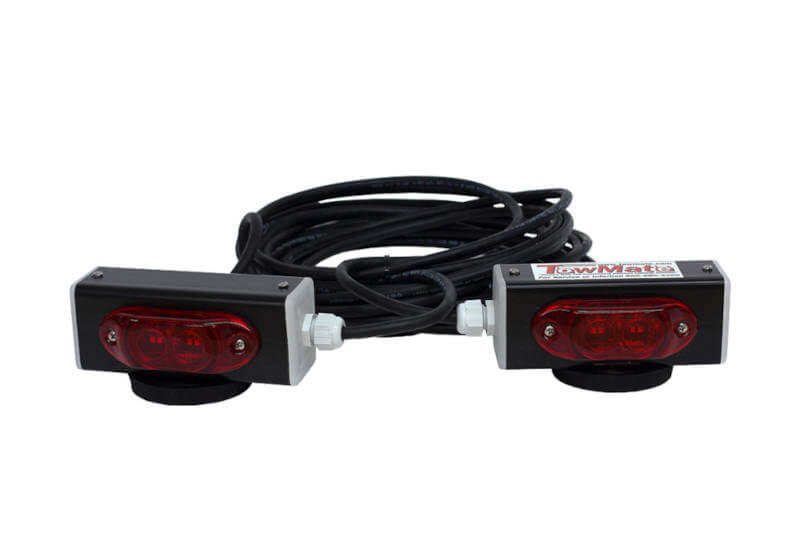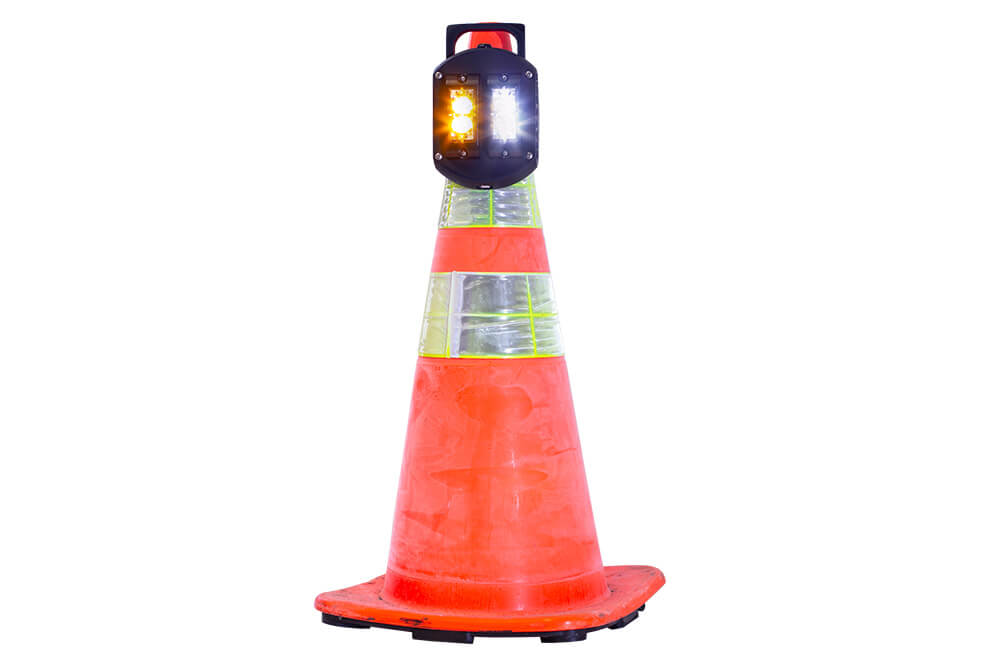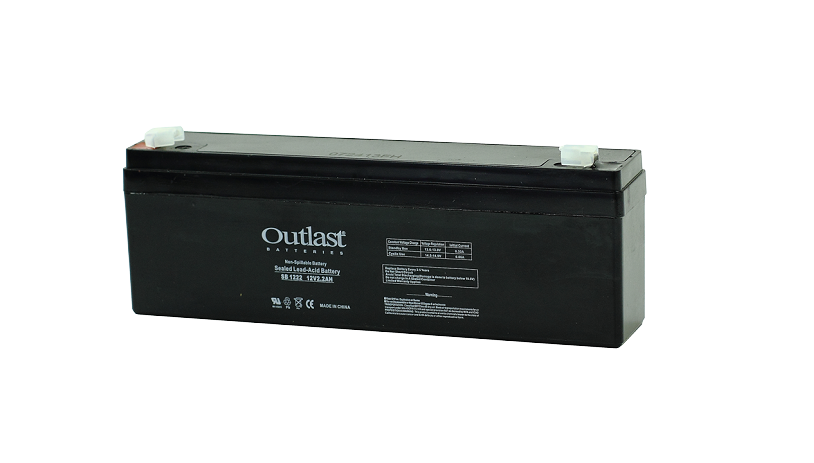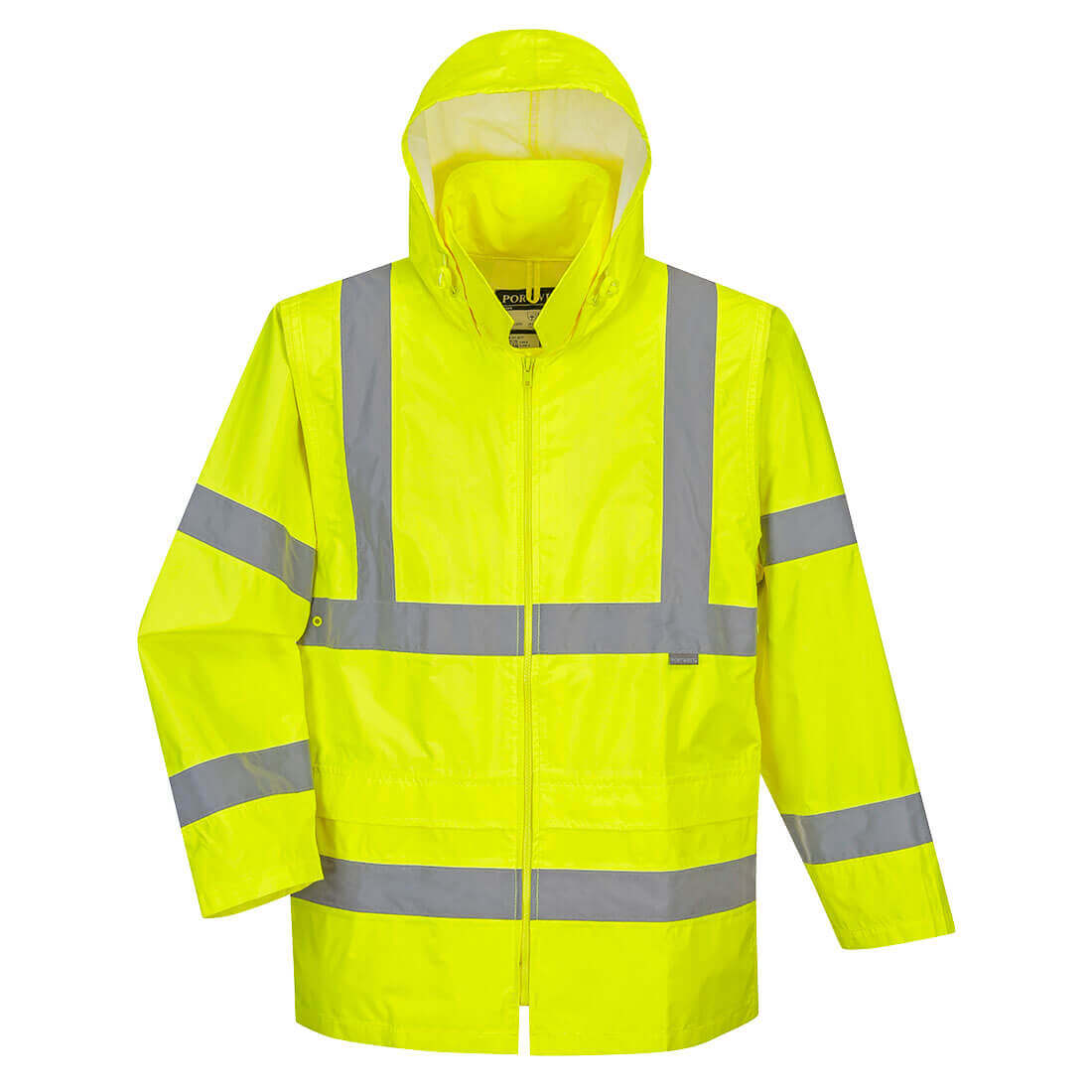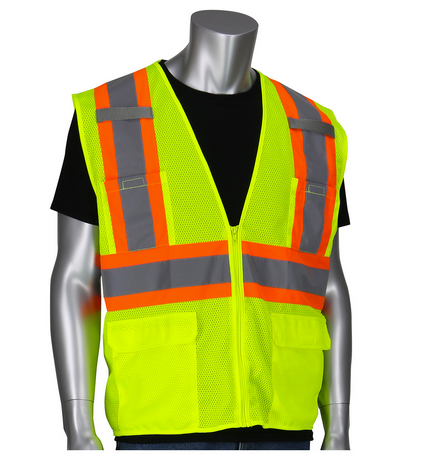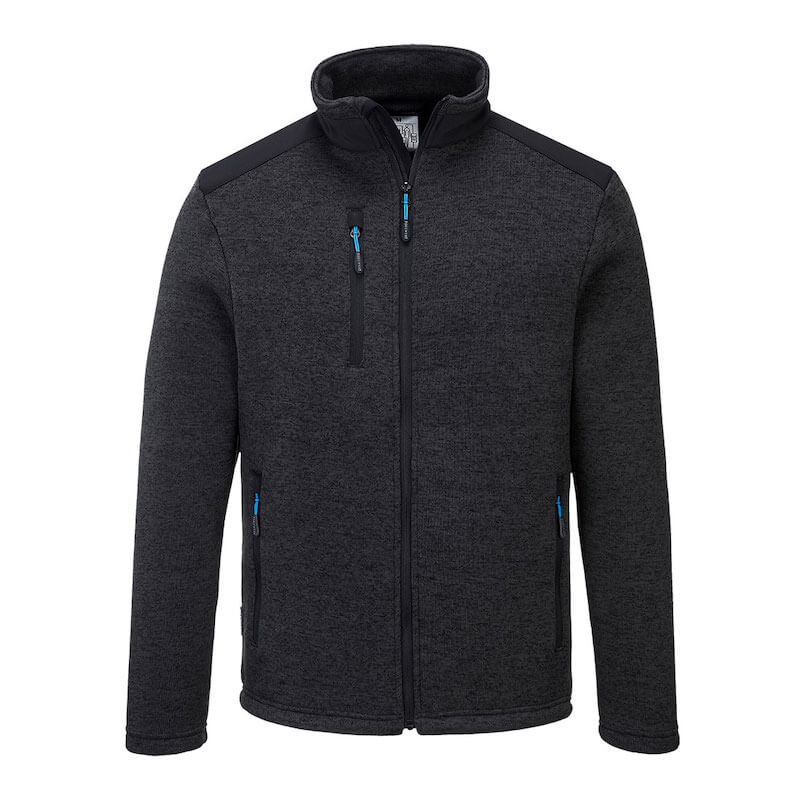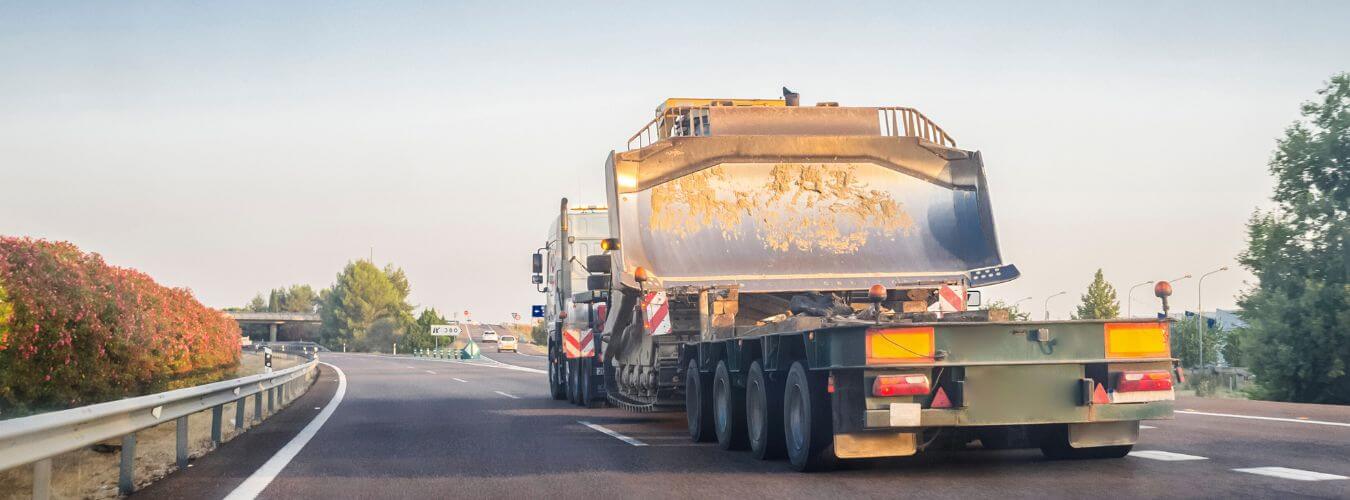Securing Your Haul: Essential Trailer Tie-Downs Guide
In the transport and hauling world, making sure your cargo is secure isn't just a must-do; it's a mix of art and science that keeps things safe and above board on the roads. If you're into trucks, haulage, love trailers, or you're in the biz of moving machinery, getting the lowdown on how to properly use trailer tie-downs - like chains, binders, and ratchet straps - is crucial. This guide's here to break down each tie-down technique, giving you the inside scoop on how to keep your cargo safe and sound.
The Vital Importance of Securing Cargo
The foundation of cargo transportation on trailers is securement. Properly securing cargo prevents accidents, protects the cargo from damage, and ensures you comply with legal requirements. Chains, binders, and ratchet straps are the ultimate team for keeping cargo secure. Each one has its own special job in making sure everything stays right where it should.
Chains: The Backbone of Heavy-Duty Securement
Chains are often the go-to for securing heavy loads due to their strength and durability. Depending on the size of the chain and the grade, the weight capacity can vary significantly. For instance, Grade 70 transport chains are commonly used in the trucking industry for their balance of strength and flexibility. It’s important to select a chain that can handle the weight of your cargo, with a working load limit (WLL) that's suitable for your needs.
Upgrading Securement with Grade 80 and Grade 100 Chains
While Grade 70 chains are the standard in trucking for their robustness and flexibility, Grade 80 and Grade 100 chains offer an even higher level of strength and durability, making them an excellent choice for the most demanding loads. These higher-grade chains are crafted from alloy steel, providing a significant increase in lifting capacity and wear resistance.
Grade 80 chains are recognized for their superior strength over Grade 70, allowing for the securement of heavier loads without increasing the chain size or weight, which is particularly beneficial in maximizing payload efficiency.
Grade 100 chains represent the pinnacle of strength and toughness in cargo securement, offering approximately 25% more strength than Grade 80 chains. This makes them ideal for extremely heavy-duty applications where the safety and security of the cargo are paramount. Both grades are versatile, durable, and designed to handle the rigors of heavy haul trucking, ensuring that cargo remains securely in place from start to finish.
Examples of Heavy Equipment Secured by Chains and Tie-Downs During Transport
Securing heavy equipment for transport is a critical task that requires durable and high-grade chains. Below are examples of the type of equipment commonly secured using these methods:
-
Excavators: These are hefty pieces of machinery often involved in digging operations and demolition tasks. Their significant weight and size make high-grade chains necessary for secure transport. Given the significant mass and value of excavators, selecting a high-grade chain, such as Grade 80 or Grade 100, provides the necessary strength and durability to ensure the machinery arrives at its destination without incident.
-
Bulldozers: Known for their wide, flat blades at the front, bulldozers are used for pushing large quantities of soil, sand, rubble, or other materials. They require robust tie-downs to prevent movement during transit.
-
Cranes: Mobile cranes, used for lifting and moving heavy objects, must be securely anchored to the trailer bed to ensure their lengthy booms don’t shift while on the move.
-
Backhoes: A mainstay in construction and engineering sites, backhoes combine a tractor, front loader, and backhoe in one piece of equipment, necessitating careful securing to cover the different components.
-
Loaders: Wheeled or tracked loaders, used for loading materials into trucks, demand high-grade chains for safe transport, given their considerable mass and the potential for movement.
-
Farm Equipment: Tractors, combine harvesters, and other large-scale agricultural machinery are often transported over long distances and rely on chains for securement against road vibrations and shocks.
By using the appropriate grade of chains, such as Grade 80 or Grade 100, transporters can ensure these critical pieces of equipment are delivered safely and without damage, maintaining their operational integrity from point A to point B.
To secure the chains, tensioners or binders are used to tighten the chains, ensuring that the equipment you are hauling remains immobile throughout the transportation process. Properly securing with the right chains is a testament to the importance of understanding and investing in quality cargo securement equipment.
Binders: Securing Loads with Leverage and Tension
Binders, also known as load binders or chain binders, are devices used to tighten chains when securing cargo to a trailer. There are two primary types of binders:
-
Lever Binders: These utilize a lever and come with a mechanical advantage that allows for a tight securement, ideal for loads that require minimal movement.
-
Ratchet Binders: These use a ratcheting mechanism to tension the chain, offering more control over the tightness of the load and typically considered safer and easier to use than lever binders.
Choosing between lever and ratchet binders depends on the specific needs of the cargo and personal preference.
Ratchet Straps: Versatile and User-friendly
While chains are indispensable for the heaviest and most rugged of loads, ratchet straps bring a level of versatility and protection for heavy haul loads that are sensitive to the stress points that chains might introduce. Ratchet straps, made from high-strength polyester, offer a blend of strength, flexibility, and ease of handling, making them ideal for securing heavy cargo that requires a gentler touch.
The ratchet mechanism allows for tightening the strap to the exact needed tension, ensuring that the cargo is snugly secured without being damaged by over-tightening. This precision is crucial when transporting heavy but delicate items that could be compromised by excessive force.
For heavy haul loads, it’s advisable to use ratchet straps with a high working load limit (WLL) to ensure they can safely handle the cargo’s weight. These straps come in various widths and strengths, allowing for customization based on the specifics of the load.
Ratchet straps are incredibly versatile and can be used to secure a wide variety of cargo on trailers. Here are examples of what ratchet straps can tie down:
-
Construction Materials: Lumber, pipes, steel beams, and roofing materials can all be securely tied down with ratchet straps, preventing movement during transport.
-
Landscaping Equipment: Lawn mowers, tractors, and other landscaping tools can be easily and securely tied down on trailers using ratchet straps, making them perfect for landscape businesses.
-
Recreational Vehicles and Gear: Motorcycles, ATVs, snowmobiles, and even bicycles are well-suited for transport with the reliable security that ratchet straps provide.
-
Palletized Goods: For commercial transportation, pallets of boxed or bagged goods can be snugly secured with ratchet straps, minimizing the risk of shifting loads.
Ratchet straps complement chains in the heavy haul arsenal, providing a secure, adjustable, and cargo-friendly option for loads that might benefit from their specific advantages. Their ease of use, combined with the ability to precisely control the amount of tension applied to the cargo, makes them an indispensable tool for many heavy haul scenarios.
Choosing the best method equipment tie-down during shipping is crucial for safety.
-
Type of Cargo: Assess the type and shape of the equipment. Heavy, irregularly shaped, or rugged items may be better suited for chains, especially Grade 80 or Grade 100, given their strength and durability. On the flip side, if the cargo could get dinged up by chains, it might be better off with the gentler, more flexible option of ratchet straps.
-
Weight of the Load: The total weight of the load is a critical determinant. Use chains for extremely heavy loads that exceed the working load limit (WLL) of the strongest ratchet straps available. Choosing the right size of chains and straps is essential!
-
Securement Points on the Cargo: The availability and strength of securement points on the cargo itself may dictate the type of tie-down method. Some equipment might have specific points designed for chains, while others may be more suited to straps.
-
Transportation Conditions: Consider the transport conditions, including distance and environmental factors like weather. Chains are less susceptible to damage from external elements and may be preferable for long distances or harsh conditions.
-
Regulations: Check the regulations in your area, as well as any specific requirements from DOT, shipping company or transportation authority. They may have guidelines for securing certain types of equipment that must be followed.
Selecting the appropriate tie-down method is crucial in ensuring safe and secure transport of heavy haul cargo. By understanding the differences between chains, binders, and ratchet straps and considering factors
Safety Tips for Using Tie-Downs
Regardless of the tie-down method you choose, safety should always be a top priority. Here are a few tips to ensure the safe transportation of your cargo:
- Regularly inspect your chains, binders, and ratchet straps for wear and tear.
- Always adhere to the Working Load Limit (WLL) and never exceed it.
- Ensure chains and straps are not twisted when applied as this can compromise their strength.
- Check your chain links for signs of damage, such as bending or stretching
It's all about Safety
Choosing the right tie-down method is crucial for the safety and security of both your cargo and everyone on the road. Understanding the proper use and maintenance of these tie-down tools is essential. Remember, the goal is always to reach your destination without incident, ensuring the cargo arrives in the same condition it was loaded.
Stay safe, and secure your load with confidence, knowing you've made the right choice for your haulage needs.
Are you looking for a reliable solution to secure your loads? Baremotion is here to provide you with the equipment needed to ensure your cargo remains safe and secure
Cargo Control Equipment:
Heavy Hauling Chain & Binder Kits: Grade 70, 80, and 100 chain and load binder kits
Oversize Banners & Flags: Oversize load banners, pilot car banners, and safety flags all Made in the USA
Load Binders: Binders from top brands such as Peerless Quickbinders, Crosby, and Durabilt
Ratchet Straps: We supply a variety of straps made with Diamond Weave webbing, as well as tie-downs with the Spin Free ratchet.
All gear should be thoroughly inspected before each and every use. Worn or unsafe rigging and safety gear should never be used. Inspect all rigging hardware, chains, slings, regularly and to keep a record of all inspections. Products should be used by professionals only and should be used in strict accordance with all industry and OSHA standards.





































































